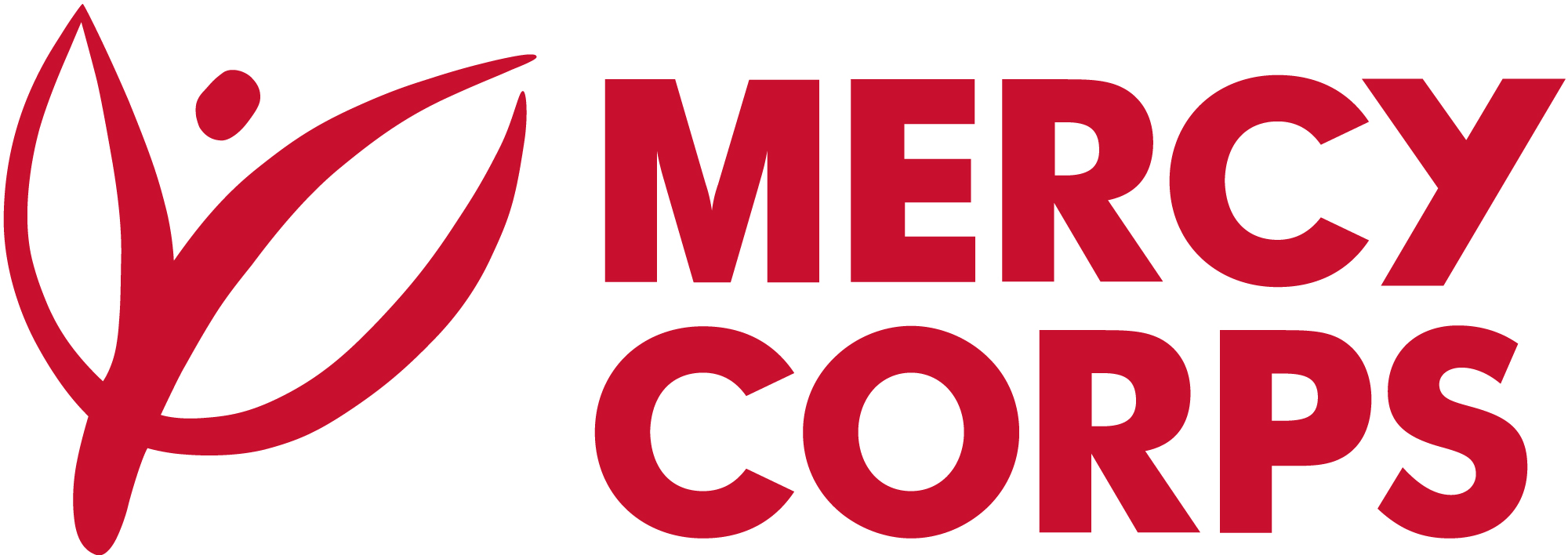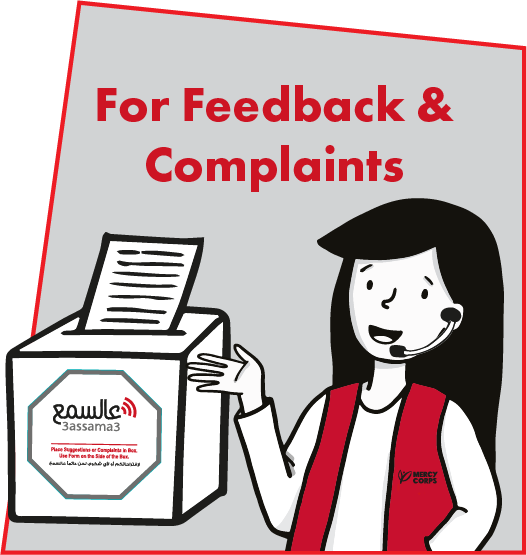EXECUTIVE SUMMARY:
- Lebanon is currently experiencing a severe humanitarian crisis driven by a combination of factors, including decades of political instability, an economic collapse classified by the World Bank as one of the most severe globally in over 150 years, the COVID-19 pandemic, and the catastrophic Beirut Port explosion. The recent conflict between Hezbollah and Israel has further deepened vulnerabilities, leading to intensified humanitarian needs and social tensions. To better understand the needs in Akkar, Baalbek El Hermel and South and to be accountable to the voices of the community Mercy Corps, WeWorld and LOST gathered efforts and conducted a rapid needs assessment with Lebanese and Syrians using a mixed method approach. The needs were across the cash, food security, livelihoods, shelter, wash and protection sectors.
- For the cash sector, the assessment highlights an overwhelming demand for cash assistance (72%), particularly in Akkar, followed by Bekaa, Baalbek-El Hermel, and the South. The cash that is currently provided was described as insufficient with limited coverage. Existing assistance is insufficient, with limited coverage. Perceived unfairness in cash distribution, driven by transparency issues, favouritism, economic disparities, and exclusion of certain groups, has fueled tensions, emphasizing the need for clear selection criteria and inclusive programming.
- Access to markets across the assessed areas was generally acceptable, with an average travel time of 11 minutes reported. Supermarkets are the most ones accessible, followed by the small shops. While the availability of goods is reported as generally consistent, certain essential items such as medicine and school supplies are notably scarce in local markets. Regional differences in market access and availability highlight varying levels of access.
- With regards to food security, it remains a major issue across the assessed areas, with many households resorting to the use of negative coping strategies to manage limited food access. Only 58% of households meet acceptable food security standards, while 18% fall into the poor category. All surveyed Syrians in the South and Baalbek-El Hermel are classified as borderline. High dependence on crisis-level livelihood strategies (84%) underscores the need for sustained interventions to address food insecurity and build resilience.
- In terms of livelihoods, employment opportunities remain scarce and unstable, forcing many households into temporary or casual labour. The ongoing conflict has worsened the situation, leading to rising debt and fewer job opportunities, particularly in Baalbek-El Hermel and Akkar. Job losses due to the war have increased reliance on humanitarian aid. There is a strong demand for skill development, particularly in agriculture, vocational trades, and business management, to enhance income generation and economic resilience.
- Shelter-related challenges remain prevalent, especially among low-income and displaced families. Common issues include damaged homes, high rent, inadequate heating, and rain-related leaks. The situation is most critical in Bekaa, Baalbek-El Hermel, and the South, where many report inadequate living conditions, including home destruction due to conflict. Reconstruction and shelter assistance are urgently needed, along with infrastructure rehabilitation for water and sanitation systems.
- The ongoing conflict in Lebanon has severely exacerbated water, sanitation, and hygiene (WASH) challenges, affecting both Lebanese and Syrian communities. Limited access to clean water and sanitation services, particularly in Baalbek-El Hermel and other conflict-affected regions are reported. While some regions, like the South, report better access to water, many households across Akkar, Bekaa, and Baalbek-El Hermel continue to face difficulties in meeting basic WASH needs. The findings highlight the critical need for improvements in water infrastructure and sanitation systems, especially in areas most affected by the conflict. Moreover, while access to hygiene items is generally high, gaps remain, particularly among displaced populations. Addressing these WASH-related needs is essential to ensure the well-being of both Lebanese and Syrian communities, with a focus on rehabilitating or constructing water and sewage infrastructure in the most the conflict affected areas.
- Protection remains a pressing need for both displaced Lebanese and Syrian families in the assessed areas. Displacement and conflict have heightened protection risks, particularly for vulnerable groups. While gender-based violence incidents remain relatively low, concerns about child labor, verbal harassment, and limited access to protection services persist. A lack of awareness about available services exacerbates the situation. Additionally, displacement has taken a severe psychological toll, with many reporting anxiety, depression, and stress. There is a critical need for preventive measures, response activities, and mental health support to safeguard affected populations.
- Addressing these urgent humanitarian needs requires coordinated, transparent, and inclusive interventions to support the most vulnerable and promote long-term stability in Lebanon’s crisis-affected regions.



